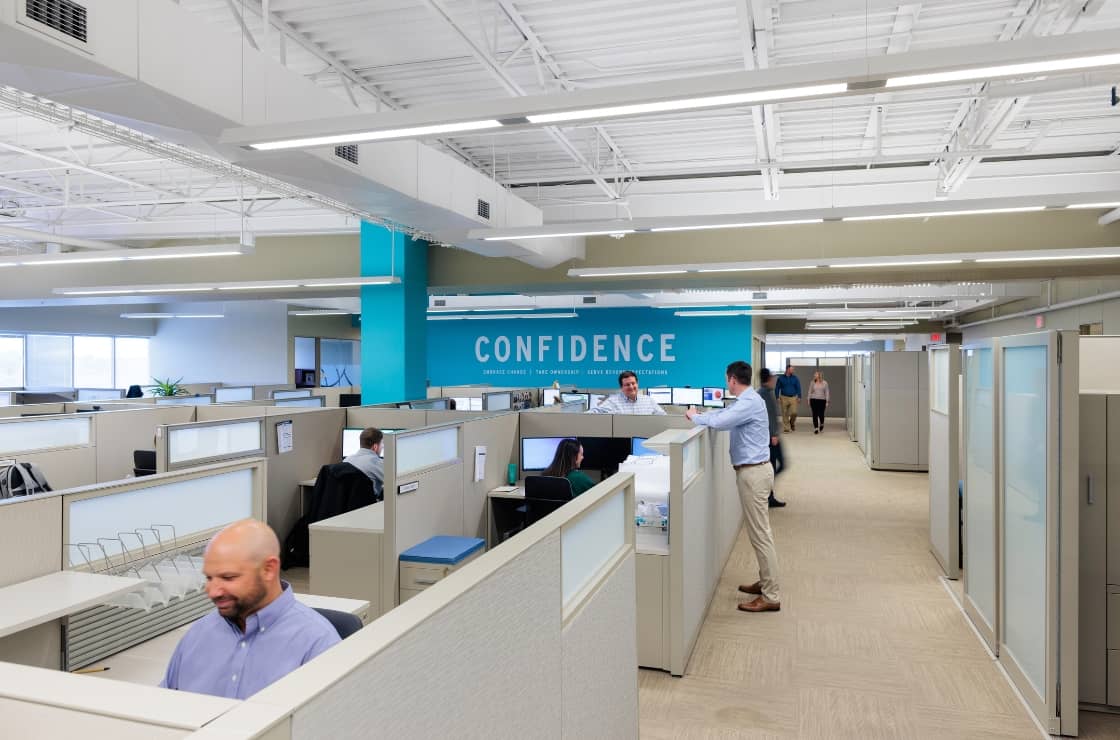External Financial Statement Audit Best Practices for CAHs

The extra work required to properly prepare for a facility’s year-end audit can be a stressor to accounting staff. There are many requests to keep up with, and a more detailed review is required in comparison with the normal month-end financial statement process. Having audit preparation processes and best practices in place can reduce the burden on staff and create a smoother audit from initial planning through the wrap-up stage.
Certain material balance sheet accounts require additional scrutiny and/or review at year-end. This extra level of scrutiny should help to avoid material audit adjustments and additional testing requests from the auditors, which can be required if an error or inconsistency is uncovered. Additionally, certain procedures performed throughout the year and specifically at year-end should make audit preparation a less daunting task.
Inventory
Facilities are required to conduct inventory counts as of the fiscal year-end. These counts should be scheduled well in advance to ensure that they are properly staffed and supervised. Because the inventory balances change daily, the counts should be scheduled on or within a few days of the fiscal year-end date. Additional work may be required to determine the inventory balance as of year-end if the count is not performed on the date of the fiscal year-end.
If possible, the inventory detail schedules should be maintained electronically for easier review by management and external auditors. Count sheets should be retained for auditor review.
Contractual and bad debt allowance percentages review
Periodically, facilities should review their allowance percentages for accuracy. Audit preparation is a great time to review these percentages to ensure that the most recent information available is being used. Many accounting systems provide detailed payment and adjustment information at the payor level. Aggregating this information and comparing adjustment totals by payor to charge totals by payor for the trailing 12-month period is one of the most accurate ways to determine the allowance percentages.
Certain payors and patient types may require additional scrutiny. For instance, Medicare inpatient accounts receivable may need to be reviewed at the patient level to determine total days and anticipated reimbursement based on the facility’s rate per day for this stay type.
Medicare Cost Report Estimate
Facilities should prepare a Medicare interim cost report template at least quarterly. This will help a facility manage cash flow throughout the year by requesting Medicare interim rate changes and settlements as needed and avoid large auditor adjusting journal entries. With an accurate cost report settlement, management is better informed of their cash position for the year and can make strategic financial decisions on more accurate data. Preparing this entry is not only critical for audit but critical for the hospital’s strategic plan.
Search for unrecorded liabilities
At year-end, accounts payable should remain open longer than a typical month. Often invoices are received late into a subsequent month but relate to services performed or supplies received in a previous month. It is especially important to review the completeness of accounts payable and accrued liabilities at year-end as this is a test that the auditor will be performing.
Accounting staff should be coached on what to look out for to determine which period an invoice relates to. A sample of invoices entered the subsequent month should be tested for accuracy with extra scrutiny placed on the more material invoices. Additional testing will be required by the auditors if unrecorded liabilities are found during audit testing, so doing internal testing on the front end should help save staff time and headaches on the back end.
Consistency of workpapers and month-end close procedures
Auditors prefer to see workpapers and reconciliation schedules in the same format each year, so try to maintain consistency in the appearance of these schedules. If there are certain accounts where a workpaper is not maintained by the facility, consider reaching out to the auditor to request their version of the workpaper. If the facility takes responsibility for more of the workpapers, it should save the auditors some preparation time and could result in reduced fees to the facility.
In addition to consistently using the same workpapers, the facility should be rolling forward the workpapers monthly to ensure that the schedules agree with the general ledger. Performing this task monthly ensures more accurate financial statements and fewer surprises when rolling forward the schedules for audit preparation.
Regular, open communication with the facility’s auditors can also help to ensure no surprises come about during the audit process. Additionally, task lists received from auditors should be discussed internally to clearly determine who at the facility is responsible for what requests. Taking the time to perform the tasks listed should help to improve the audit process and reduce the stress on staff. If you have any questions, please contact us or learn more about our healthcare accounting and consulting services.

- Learner, Discipline, Harmony, Analytical, Deliberative
Brad Wittler
Brad Wittler, Healthcare Manager, began his career in 2013. He brings a wealth of experience in auditing and knowledge of the healthcare industry to his role.
Specializing in healthcare accounting and consulting services, Brad focuses on providing financial reporting and reimbursement solutions to hospitals and healthcare entities. He applies his analytical skills and disciplined approach to tackle complex problems, which he finds most rewarding. His deliberative nature and commitment to continuous learning enable him to stay at the forefront of healthcare financial management, ensuring clients receive innovative and effective solutions.
Brad lives in Omaha, NE, with his wife, two children, and their dog. Outside the office, you can find him staying active by running, hiking, and biking.
Recent News & Insights
Decoding Performance: Analyzing Your Monthly Financial Statements
Benefits of Temporary Staffing
Financial Planning Advice for Recent College Grads
2024’s Hot Stocks Have Cooled Fast + 4.23.25



.jpg?width=300&height=175&name=Mega%20Menu%20Image%20(1).jpg)
%20(1).jpg?width=300&height=175&name=Mega%20Menu%20Image%20(2)%20(1).jpg)
%20(1)-Mar-08-2024-09-27-14-7268-PM.jpg?width=300&height=175&name=Untitled%20design%20(6)%20(1)-Mar-08-2024-09-27-14-7268-PM.jpg)

%20(1)-Mar-08-2024-09-11-30-0067-PM.jpg?width=300&height=175&name=Untitled%20design%20(3)%20(1)-Mar-08-2024-09-11-30-0067-PM.jpg)
%20(1).jpg?width=300&height=175&name=Mega%20Menu%20Image%20(3)%20(1).jpg)
%20(1).jpg?width=300&height=175&name=Mega%20Menu%20Image%20(4)%20(1).jpg)
%20(1).jpg?width=300&height=175&name=Mega%20Menu%20Image%20(5)%20(1).jpg)
-Mar-08-2024-08-50-35-9527-PM.png?width=300&height=175&name=Untitled%20design%20(1)-Mar-08-2024-08-50-35-9527-PM.png)


.jpg)




